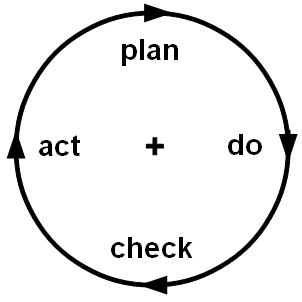Quality Assurance Auditors Roles Children’s Social Care or Adults Social Care
Interview Preparation Tips

Improvement roles - Quality Assurance Auditors Roles Children’s Social Care or Adults Social Care
In this series of articles, we will be offering candidates the best Top Tips to prepare for interviews
We will look at some job descriptions currently available for workers to apply for and then prepare for interview.
An example of what may be required in an improvement role is to help the local authority get ready for an OFSTED inspection, and suitably skilled and qualified workers are needed to fill a very important role. These roles help with identifying and embedding learning which makes a positive outcome for children and families or adult service users. Overall, the Auditor in Quality Assurance provides a proactive approach to quality assurance in order to ensure that the quality of work across the organisation is improved.
The Job description for a Quality Assurance Auditor or Quality Assurance Audit Manager may include the
· To assure quality of practice across Children’s Social Care or Adults Social Care
· To undertake audits on current cases or previous cases and report on findings.
· To prepare both quantitative and qualitative reports for presentation to Senior Managers.
· To improve practice through the delivery of the Quality Assurance Framework to ensure effective outcomes for children and families.
· To manage auditors
When preparing yourself for an interview for such a social work job consider answering some of the questions by using key concepts such as Continuous Improvement process (CIP), Quality Assurance Framework and Quality Management Systems (QA/QMS) and Innovation and Creativity
In this article, we will look at how you would incorporate Continuous Improvement process (CIP) into your answers at interview
When you describe your experience, or skills of knowledge of CIP you may want to clarify what you mean by CIP, continuous improvement process, which is important as this is a improvement role. We would suggest you do your own research and you can start by looking at the definitions and examples we provide.
There are four phases associated with Quality Assurance CIP and a model you can quote - is “Shewart Cycle” Obviously, you would want to reframe this to more suit social care and your experience of using such a model. The model has 4 important phases which support CIP and are:
Phase 1: Plan - for change and identify improvement opportunities
Phase 2: Do - implement changes identified
Phase 3: Study - check to determine if the change had the desired outcomes
Phase 4: Act - if successful, implement across the organisation and process.
You can read more about this in the NHS England information on their model Quality, Service Improvement and Redesign Tools: Plan, Do, Study, Act (PDSA) cycles and the model for improvement. https://www.england.nhs.uk/wp-content/uploads/2022/01/qsir-pdsa-cycles-model-for-improvement.pdf
You may like to say that you have been doing CIP in all the jobs you have undertaken in your social work career, as social worker in a specific team, as a Senior Practitioner, as a Team Manager or as a Senior manager. Think about how you have done this and give genuine concrete examples to help the interviewer and showcase your skills.
When you are putting these concepts together for your social work interview consider language and structure that mirror not only what’s written in the JD but also what the interviewers are saying.
Example catchy phrases
“Continuous improvement is something that I have strived for …..its in my DNA”
“Continuous improvement processes in our organisation is now a standard integrated process and is part of what I use in developing my social work skills and those I manager…”
These are some tips and suggestions, please do your own research to gather information for your interview and let us know how you get on. If you need more help with coaching in interviewing skills get in touch.
